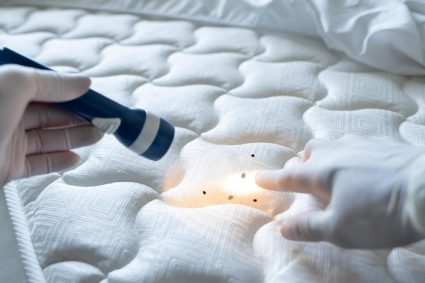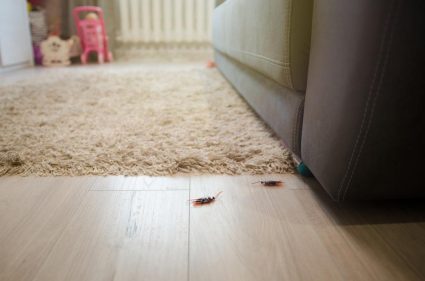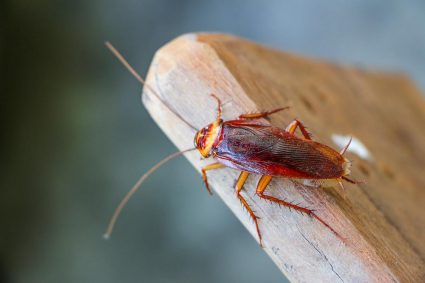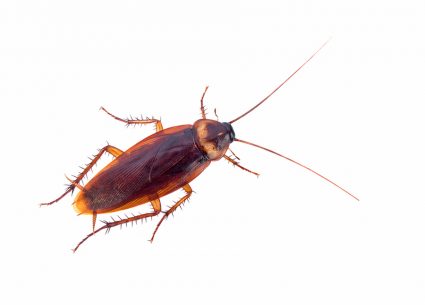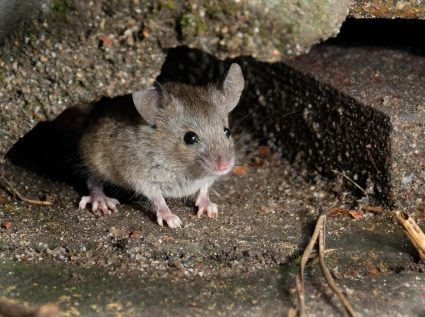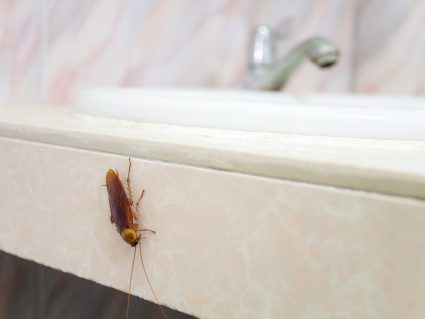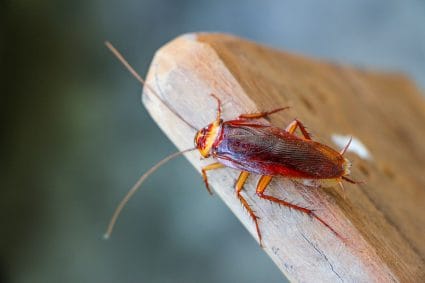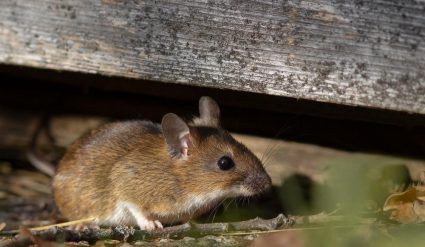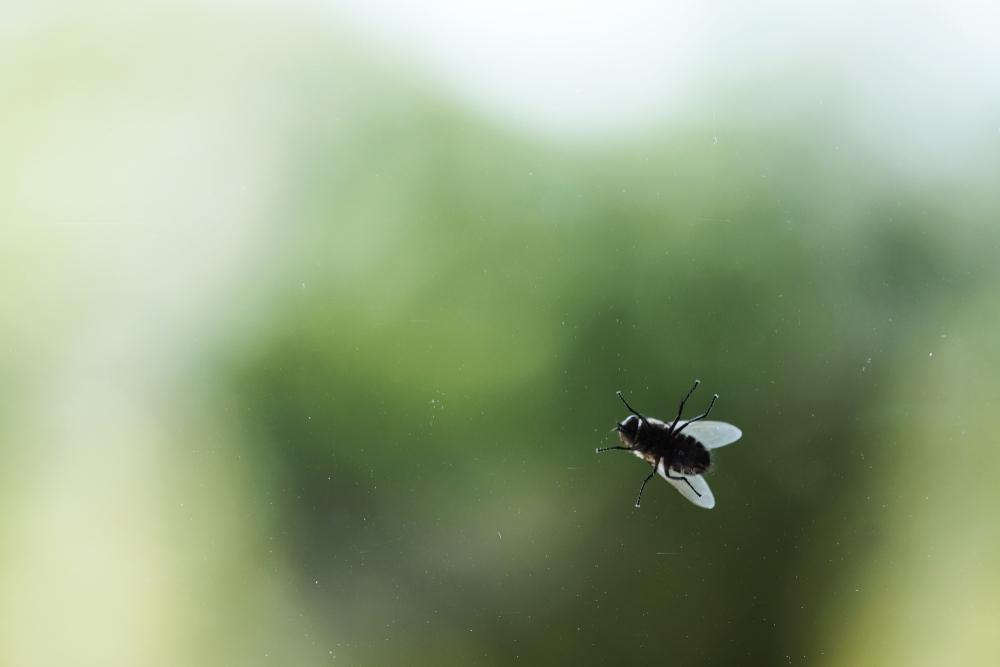
Keeping your yard free from flies can be a challenging task. These pesky insects can ruin your outdoor activities and pose a threat to your health and that of your pets. There’s good news, though! There are several effective sprays available on the market, as well as homemade solutions that you can use to keep flies away from your grass. In this comprehensive article, we will discuss various options, how to use them, and precautions to take when applying these sprays.
There are several sprays you can use to keep flies away from your grass. These include homemade natural sprays made with ingredients like vinegar, dish soap, isopropyl alcohol, witch hazel, and essential oils. Commercially available sprays such as Absorbine UltraShield EX, Wondercide Mosquito Yard Spray, Cutter Backyard Bug Control Spray Concentrate, and Trifecta Natural Outdoor Pest Control Spray are also effective. Always remember to follow the application process and take necessary precautions when using these sprays.
Natural Sprays
Natural sprays are an excellent choice if you prefer eco-friendly and non-toxic solutions. Essential oils play a significant role in these sprays due to their insect-repelling properties. Here are a few natural fly repellent recipes you can try:
Vinegar-Based Spray
- 1 cup of water
- 1 tablespoon of vinegar
- A few drops of dish soap
- Optional: a few drops of essential oils like lemongrass, catnip, citronella, or cinnamon
Isopropyl Alcohol and Dish Soap Spray
- 1/2 cup of water
- 1/2 cup of isopropyl alcohol
- 1 teaspoon of liquid dish soap
Witch Hazel Spray
- Fill a spray bottle three-quarters full of witch hazel
Essential Oil and Vodka Spray
- A blend of two or three drops of essential oils (e.g., tea tree oil, rosemary oil, lavender oil, peppermint oil, rose oil)
- Water
- A few cups of vodka
Commercial Sprays
For those who prefer ready-made solutions, several commercial sprays are specifically designed to repel flies from grassy areas. Some of these products include:
- Absorbine UltraShield EX: This insecticide kills and repels flies, mosquitoes, ticks, and fleas. It can be used in outdoor lawn areas to keep flies away.
- Wondercide Mosquito Yard Spray: This spray is powered by natural essential oils and acts as an insect killer and repellent. It is suitable for lawn treatment and pest control.
- Cutter Backyard Bug Control Spray Concentrate: This mosquito repellent also kills mosquitoes, fleas, and listed ants. It can be used in grassy areas to keep flies and other insects at bay.
- Trifecta Natural Outdoor Pest Control Spray: This mosquito repellent is designed for outdoor patios, lawns, and backyards. It kills fleas, spiders, ants, and is pet-friendly.
Application Process
It is crucial to apply these sprays correctly to achieve the desired results. Here’s a general guideline on how to apply these sprays:
- Remove pets and children from the area before applying or mixing the product.
- Use the spray on the intended areas, ensuring to cover all surfaces.
- Allow the spray to dry before letting pets or children back into the treated area.
Precautions
It is essential to take precautions when using these sprays to prevent harm to pets, children, and the environment. Always follow the instructions on the product label, use protective measures when handling pesticides, and avoid using sprays in enclosed areas or directly on the face.
Complementary Methods
In addition to sprays, other methods can help keep flies away from your grass. These include maintaining a clean and tidy lawn, using fly-repelling plants, removing standing water, and using natural fly repellents such as bowls of dried cloves or cucumber slices.
Conclusion
Whether you choose natural or commercial sprays, it is possible to keep flies away from your grass. By using the right products, following the application process, and taking necessary precautions, you can enjoy a fly-free yard. Remember, the key to a successful fly control strategy is a combination of methods, including cleanliness, proper waste disposal, and the use of effective fly repellents and killers.
Frequently Asked Questions
How often should I reapply natural sprays?
Natural sprays should be reapplied every 2-3 days or after heavy rain. The frequency depends on the severity of the fly problem and the specific product you’re using. Always follow the instructions provided.
Can I use these sprays on other surfaces besides grass?
Yes, most of these sprays can be used on other outdoor surfaces such as patios, garden furniture, and play equipment. However, it’s always best to test a small, inconspicuous area first to ensure it doesn’t discolor or damage the material.
Are these sprays safe for use around food or eating areas?
Natural sprays made from essential oils and household ingredients are generally safe around food areas. However, commercial sprays often contain stronger chemicals and should not be used around food or eating areas unless explicitly stated on the product label.
Can these sprays harm beneficial insects like bees or butterflies?
Some sprays, especially commercial ones, can harm beneficial insects. If you’re concerned about preserving beneficial insects in your yard, opt for natural sprays and apply them in the early morning or late evening when these insects are less active.
What essential oils work best for repelling flies?
Essential oils from citronella, lemongrass, rosemary, peppermint, and tea tree are known for their fly-repelling properties. Mixing a few drops of these oils with water and a bit of dish soap can create an effective natural fly repellent.

